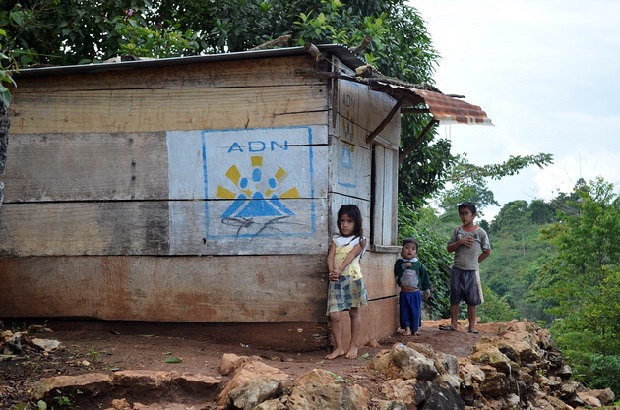Different numbers have been floated around for what it would cost globally to end poverty, stop climate change and make sure no one goes hungry. These numbers add up into trillions of dollars. How are we going to keep track of the money to make sure it is not wasted, lost to corruption or mismanaged? The answer lies in open data.
Information that is proactively disclosed, shareable, understandable and comparable allows for a complete picture of what money is being spent and on what – and how much more is still needed. This picture must be comprehensive, particularly when it comes to public finance and spending on government procurement.
Public contracting can take up the bulk of a government’s budget outlays and figures show that corruption can cost on average 20-25 percent of a contact’s value.
No time has been more critical then now to have easy access to usable information about development spending. The world is about to decide on its new development goals – the sustainable development goals – and the financing commitments to deliver on these promises.
As governments gear up for two major meetings – one on how to finance the goals in July in Addis Ababa and one on finalising the goals themselves in September in New York – there are some key actions that they must take:
- Provide information on financing flows that is timely, comprehensive and forward-looking
This information must be provided using a common reporting standard. There are existing transparency initiatives that could be used. The open data standard for reporting on aid flows, IATI, offers a good starting point and could act as an umbrella for tracking other development finance – from governments, companies, foundations, NGOs or other providers. Currently only eight percent of 86 countries surveyed publish government spending data in an open format.
- Give data users tools to use the information
Getting the information out there is the first step but for the data to be powerful, it needs to be used. Data users include ordinary citizens trying to find out how much money has been given to their schools as well as parliamentarians trying to keep track of where their budgets are being spent.
- Ensure the space for civil society to get engaged
Having the ability to follow the money is only useful if citizens are afforded a safe space for speaking up against irregularities that are found or when money goes missing.
Keeping financial flows transparent and accountable is one part of fulfilling the development and climate financing agendas. Related transparency and accountability initiatives are needed to also close the gap in state budgets that has been created from illicit financial flows. In the European Union alone, the estimate is that up to 1 trillion Euros is lost annually to tax evasion and avoidance.
It is for this reason that Transparency International has joined forces through the TAP Network to work with more than 20 organisations, including Publish What You Pay, Oxfam America, and the International Budget Partnership in calling for open and accountable financing of new development commitments.
Click here to read the paper we’ve put together and here to see the letter we have sent to more than 90 governments who will be making the decisions about the development goals.
Join Transparency International in calling on your governments to follow the money. The time is now. Contact me, Craig Fagan at cfagan@transparency.org to find out how you can get involved.
















 Connect with us on Facebook
Connect with us on Facebook Follow us on Twitter
Follow us on Twitter